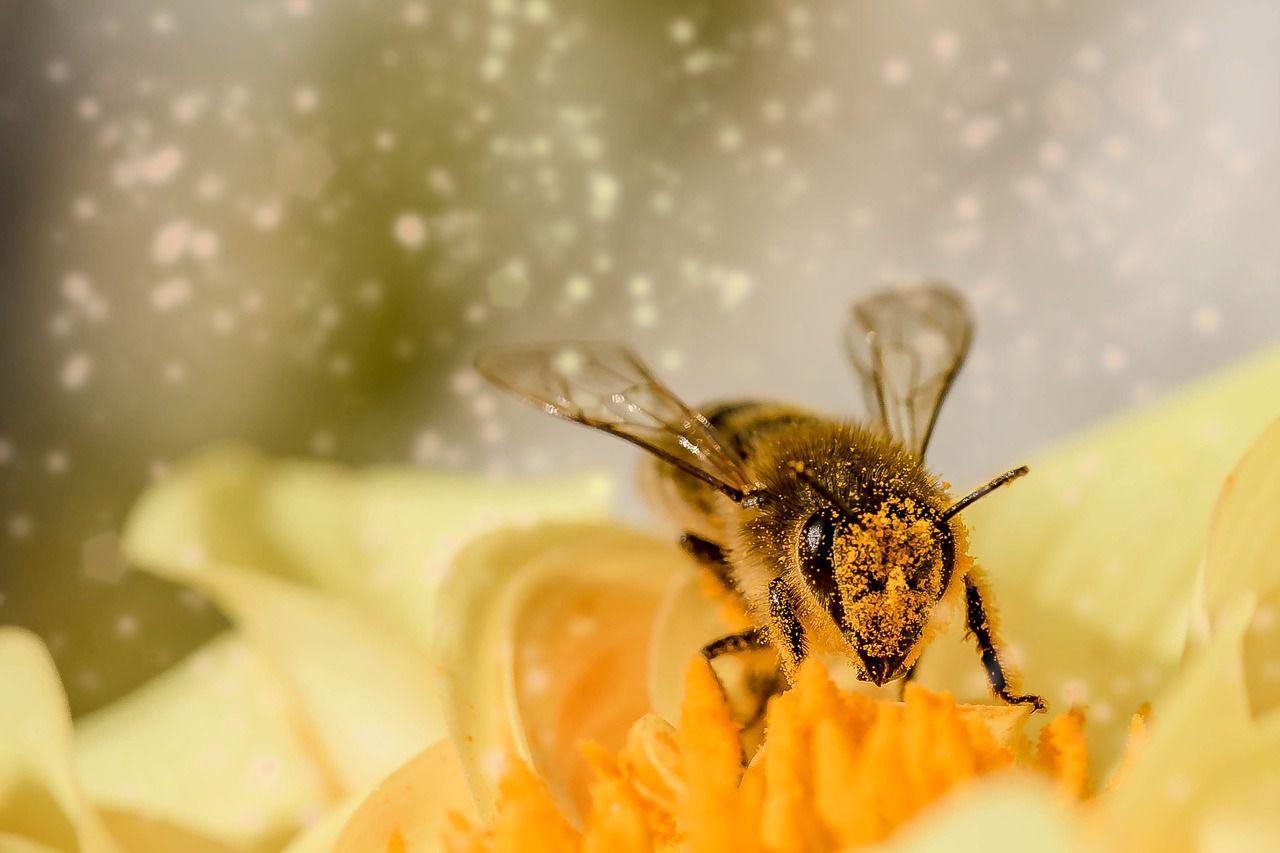Pollinators play a crucial role in maintaining the health and productivity of a garden ecosystem.
They facilitate the process of pollination, which is the transfer of pollen from the male parts of a flower to the female parts.
This process is essential for the reproduction of flowering plants, and it directly contributes to the health and abundance of a garden in several ways.
Plant Reproduction
Pollinators, such as bees, butterflies, hummingbirds, and insects, are responsible for transferring pollen from one flower to another, enabling fertilization.
This leads to the formation of seeds and fruits, allowing plants to reproduce.

Increased Crop Yields
In a garden with food crops, pollinators significantly increase the yield of fruits and vegetables.
Crops like tomatoes, peppers, melons, and berries require pollination to produce high-quality and abundant harvests.
Studies have shown that gardens with a healthy population of pollinators can have increased crop yields and better fruit quality.
Biodiversity
Pollinators contribute to the diversity of plant species in a garden by enabling cross-pollination between different plants.
This promotes genetic diversity within plant populations, making them more resilient to environmental changes and pests.
Ecosystem Balance
Pollinators are an integral part of the food chain.
Many birds, insects, and mammals feed on nectar, pollen, and other parts of flowering plants.
Without pollinators, these animals would lose a vital food source, potentially disrupting the entire ecosystem.












